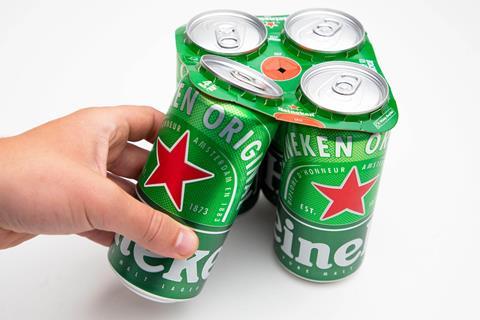
Heineken’s chief executive has warned that “off the charts” cost inflation will further push up the price of a pint and said the risk of outright shortages was growing as brewers face persistent challenges delivering beer to pubs, restaurants and supermarkets (The Financial Times £).
Heineken, the world’s second largest brewer, has warned that it will increase the price of its beers due to the impact of inflation (BBC News).
Heineken said the sharp increase in the cost of commodities, energy and freight would force it to offset the impact by raising beer prices, “which may lead to softer beer consumption” (The Times £).
Inflation hit a fresh 30-year high in January, overshooting official forecasts and piling further pressure on the Bank of England to raise interest rates next month (The Telegraph).
Britain’s hard-pressed households have been warned to expect a fresh squeeze on their living standards in the coming months after the annual inflation rate climbed for a 13th month to its highest point in almost 30 years (The Guardian).
Kraft Heinz is to raise the prices of its snacks and condiments further to counter the soaring costs of raw materials and transportation, after reporting quarterly earnings above market expectations (The Times £).
Marks & Spencer is to increase minimum pay by more than 5% to £10 an hour and offer free health checks to workers as labour shortages force up wages across the retail and hospitality industries (The Guardian).
About 40,000 workers will receive a 50p boost in pay from £9.50 an hour, while those in London will have their pay increased to £11.25 from £10.75. M&S said this meant it was ahead of both the new national living wage of £9.50 and the real living wage in the UK and in London (The Times £).
The Times (£) asks will Ocado ever be profitable again? “Online retailer’s spend, spend, spend policy has bears gnashing their teeth once more.”
Amazon has reached a worldwide deal with Visa to continue accepting payments from its credit cards through its stores, ending a tense, months-long stand off over rising transaction fees (The Financial Times £).
The bottling business for Coca Cola in Western Europe saw annual profits almost double in 2021 as the reopening of hospitality venues led to a strong recovery in sales (The Mail).
Damian Gammell, its chief executive, said that 2021 had been “an extraordinary year” for the company, which had shrugged off the challenges of the pandemic to deliver strong numbers while acquiring and integrating Coca-Cola Amatil (The Times £).
The Post Office and the government need to speed up compensation payments to workers who were victims of the Horizon IT scandal, according to a report by an influential group of MPs (The Guardian).
A year after Britain struck a Brexit trade deal with the European Union, most UK exporters say the agreement has pushed up costs, increased paperwork and delays, and put the country at a competitive disadvantage (The Times £).
BBC News looks at the protein-supplements industry and asks does it live up to the hype? And what are the health implications of all this extra protein in our diets?
Carrefour has announced a share buyback worth €750m and lifted its dividend in a sign of confidence that the turnround at the French food retailer is gathering pace (The Financial Times £).
The Lex column in The Financial Times (£) turns its attention to the so-called sin stocks (tobacco, alcohol and gambling), examining recent movements for British American Tobacco and Diageo.
The Lex column in The Financial Times (£) also looks at Kirin’s exit from overseas operations and says it shows risks of panic buying. “Japanese brewer is paying the price for knee-jerk foreign acquisitions made a decade ago.”
The Financial Times (£) reviews a provocative book on the psychology of meat eating: ‘The Meat Paradox’ by Rob Percival.







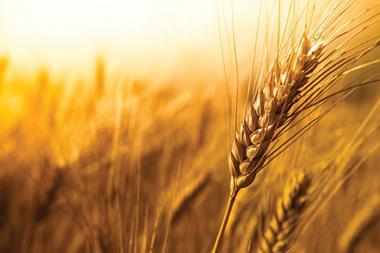
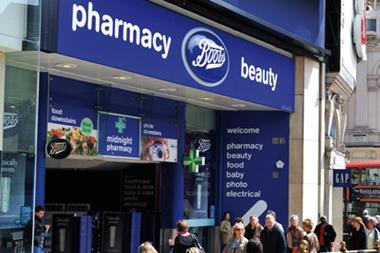
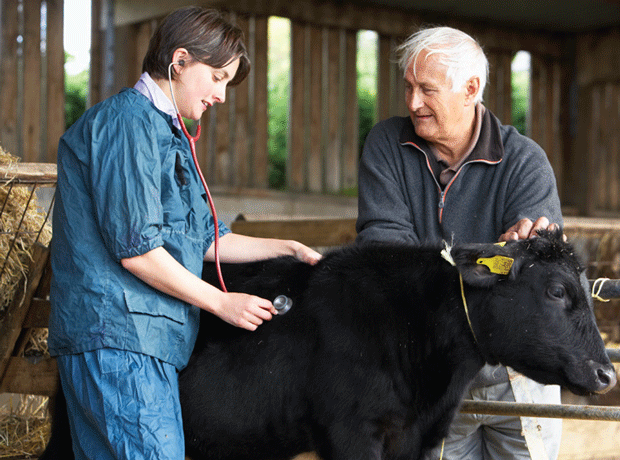

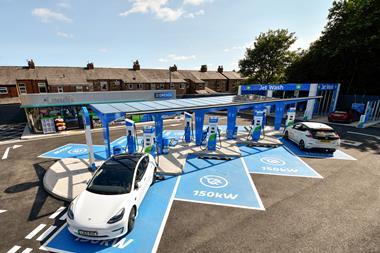
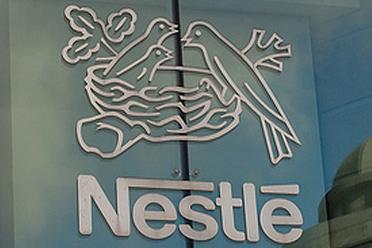






No comments yet